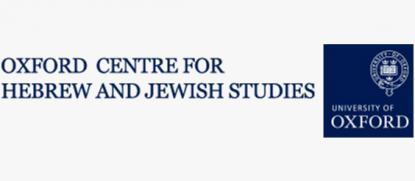Paul and Romana Goodman were leading figures in British Zionism.
Focusing on the first twenty years of the Mandate (1920-1939), and using articles, speeches and reports by and about the Goodmans, University of Oxford lecturer Peter Bergamin traces an all-too-familiar-trajectory experienced by much of Anglo-Jewry during this period.
Paul Goodman was a leading figure in British Zionism. He was the Honorary Secretary of the Political Department of English Zionist Federation, Secretary of the Spanish and Portuguese Jewish Community, and member of the first B’nai B’rith Lodge in London. He and his wife Romana were embedded in the progressive milieu of liberal British politics in the early twentieth century. Romana was an active feminist, a founding member of both WIZO and the first Women’s Lodge of B’nai B’rith in the UK. Like many Anglo-Jews, they initially wanted to combine their liberalism with the promising situation in British Mandatory Palestine, but it was clear by the late 1930s that such a combination would be impossible.
Peter Bergamin is the Lecturer in Oriental Studies at Mansfield College, University of Oxford and Research Fellow of the Oxford Centre for Hebrew and Jewish Studies. He is the author of The Making of the Israeli Far-Right: Abba Ahimeir and Zionist Ideology (2020). He is preparing a manuscript that focuses on the role of Jewish anti-British resistance in Britain’s withdrawal from the Palestine Mandate. His current research looks at Anglo-Jewry in the first half of the Twentieth Century, using Paul and Romana Goodman as a case study.
JW3 is delighted to be partnering with the Oxford Centre for Jewish and Hebrew Studies and hosting this series showcasing the Fellows of the Oxford Centre for Hebrew and Jewish studies.
NB: This session will not be recorded.


